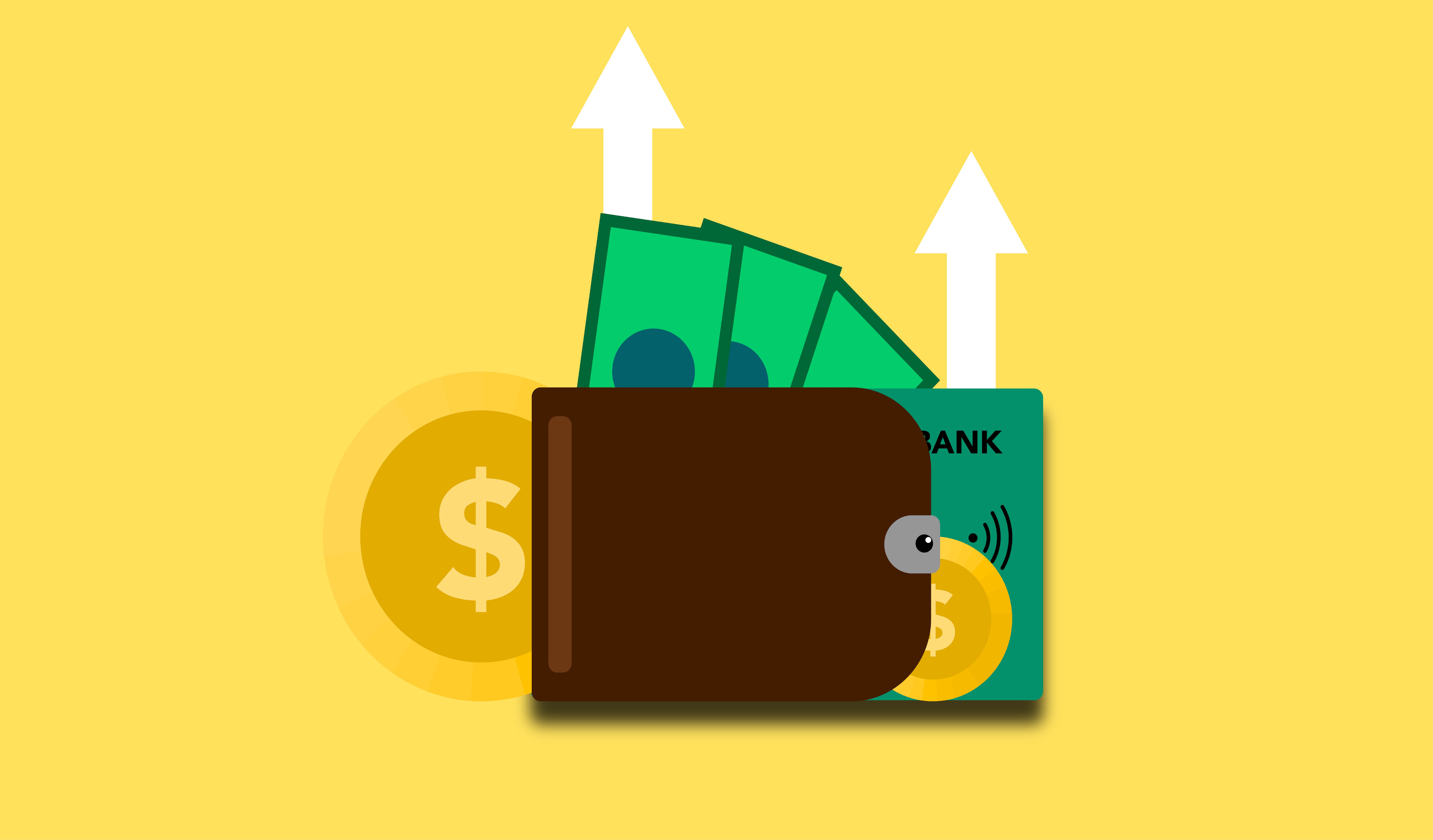Timely payments play a crucial role in establishing and maintaining a robust business credit profile. Consistently meeting your payment obligations demonstrates financial responsibility and reliability to creditors, lenders, and suppliers.
In this article, we will emphasize the importance of making timely payments, discuss the impact of late payments on your business credit, and provide practical tips for ensuring punctual payments.
This content contains affiliate links and we receive a commission at no extra cost to you. Thanks for your continued support.
By prioritizing timely payments, you can enhance your business creditworthiness and pave the way for favorable credit terms and opportunities.
- The Significance of Timely Payments:
Timely payments are the foundation of a healthy business credit profile. Here’s why they matter:
a. Positive Credit History: Making payments on time establishes a positive credit history, demonstrating your ability to manage credit responsibly. This history reassures lenders and suppliers about your creditworthiness and increases your chances of securing favorable terms.
b. Building Credibility: Consistently meeting payment deadlines enhances your credibility in the eyes of creditors, vendors, and partners. It establishes a reputation for reliability, fostering trust and stronger business relationships.
c. Higher Credit Scores: Timely payments contribute to higher credit scores. Business credit bureaus, such as Dun & Bradstreet, Experian, and Equifax, consider payment history as a significant factor in calculating credit scores. A strong payment history can boost your credit score and open doors to better credit opportunities.
d. Access to Financing: Lenders often review your payment history to assess your creditworthiness. Timely payments increase your chances of obtaining business loans, lines of credit, and other financing options to support your growth and expansion initiatives.
- Consequences of Late Payments:
Late payments can have negative consequences for your business credit profile. Understanding these implications highlights the importance of making payments on time:
a. Negative Credit Reporting: Late payments are typically reported to business credit bureaus, which can have a detrimental impact on your credit profile. They may lower your credit scores, making it harder to access credit or obtain favorable terms in the future.
b. Higher Interest Rates: If you have a history of late payments, lenders may consider you a higher credit risk. As a result, you may be offered loans or credit with higher interest rates, increasing your overall borrowing costs.
c. Strained Business Relationships: Late payments can strain relationships with suppliers and vendors. It may lead to reduced credit terms, restricted access to products or services, or even discontinued business partnerships.
d. Limited Financing Options: Businesses with a history of late payments may face challenges in securing financing. Lenders may perceive them as risky borrowers, limiting their access to credit and hindering growth opportunities.
- Tips for Ensuring Timely Payments:
To maintain a strong payment track record, consider implementing the following strategies:
a. Set Up Payment Reminders: Utilize technology tools such as calendar alerts, mobile apps, or automated payment reminders to ensure you never miss a payment deadline. Set reminders well in advance to allow sufficient time for processing and avoid last-minute delays.
b. Establish Cash Flow Management Systems: Implement effective cash flow management systems to ensure you have sufficient funds to cover payment obligations. Monitor your cash flow regularly, anticipate upcoming expenses, and allocate resources accordingly.
c. Prioritize Payment Allocation: Prioritize payments based on their importance and urgency. Focus on critical obligations, such as rent, utilities, and key suppliers, to maintain strong business relationships.
d. Negotiate Favorable Terms: Proactively negotiate payment terms with your creditors and suppliers. Request extended payment terms or arrange for staggered payment schedules that align with your cash flow cycle.
e. Monitor Invoices and Statements: Regularly review invoices and statements received from vendors to identify any discrepancies or potential issues. Address billing errors promptly to avoid payment delays.
f. Utilize Electronic Payment Methods: Opt for electronic payment methods, such as online banking or automated bill payments, to streamline the payment process. These methods often provide faster processing times and reduce the risk of delays associated with paper checks.
g. Maintain Open Communication: If you encounter temporary financial difficulties that may impact your ability to make timely payments, communicate proactively with your creditors and suppliers. Explain the situation honestly and explore alternative payment arrangements or temporary extensions.
h. Monitor Credit Reports: Regularly monitor your business credit reports from different credit bureaus to ensure accurate reporting of your payment history. Address any discrepancies promptly to maintain the integrity of your credit profile.
i. Seek Professional Assistance if Needed: If you are struggling with payment obligations, consider seeking the assistance of a financial advisor or credit counselor. They can provide guidance and help you develop a plan to manage your payments effectively.
Making timely payments is a fundamental practice for building a strong business credit profile. It demonstrates financial responsibility, enhances your credibility, and opens doors to better credit opportunities.
By prioritizing timely payments, monitoring your cash flow, and implementing effective payment management strategies, you can maintain a positive payment history and safeguard your business’s creditworthiness.
Remember, maintaining good payment habits is an ongoing commitment that contributes to the long-term success and growth of your business.

